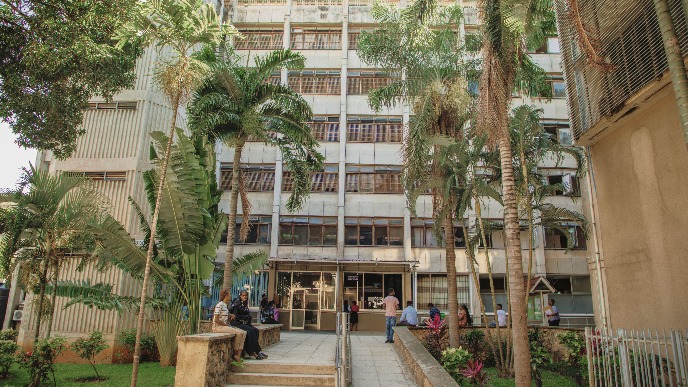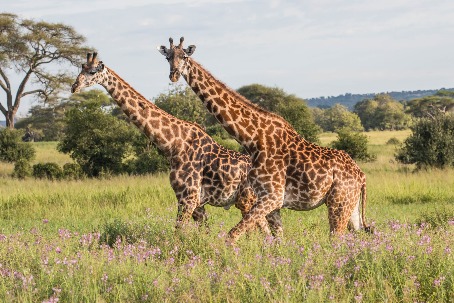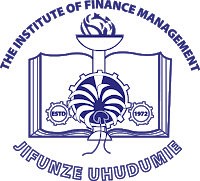Sustainable local development and the mining industry

Economic development in developing countries
How can businesses in developing countries balance between the social and economic benefits and costs of their activities for local communities? How can local governments provide a business context that facilitates local economic development? Adopting a stakeholder approach and focusing on local development, corporate social responsibility (CSR) and economics, this summer school addresses these key questions.
An increasing focus on local economic development can potentially support developing countries to reduce poverty. Businesses can play an important role in local economic and social development, by generating job opportunities and economic growth. At the same time, local businesses activities might also result in costs for local communities.
Therefore, local governments increasingly face the challenge to develop sustainable settings in which businesses can thrive, while simultaneously increasing quality of life in local communities. To enhance sustainable economic development, a complex interplay between local governments, industry organizations, businesses and other actors is required.
Combining theory and practice in the Tanzanian context

The summer school builds on the idea of challenge- based learning. In the first parts, lectures by staff and practitioners from the industry provide a theoretical basis about local economic development and the interlinkages between stakeholders at different institutional levels. Moreover, students are introduced to the Tanzanian context, culture and the gypsum mining industry in Tanzania.
Building on these insights, participants work in international teams to further analyse the local economic and social conditions of the Same district which is home to the gypsum mining industry. Based on secondary data and knowledge from local participants students gain an understanding of the district and industry.
The lectures and teamwork serve as an input for the field visit to the Same District Council and the mining site in Makanya Ward (Industry). Participants will be given chance to ask formal and informal questions to officials of the Same District Council (Local Government) and to the local people (local communities) in Makanya Ward.
Challenge during the summer school
In this summer school we want the participants to give an advice to at least three parties; the Mining Industry, the local government (province and local level) and the local communities on what to get most out of this for each! Based on lectures of staff, speakers from outside university and interviews during the field visit participants will be able to develop this advice and present it on the last day before we go on Safari.
Practical information
|
Dates & location
|
16 - 22 August 2026, Dar es Salaam and Same, Tanzania
|
|
Deadline for application
|
1 May 2025
|
|
Level
|
BA/MA
|
|
Fee
|
€ 750
The fee does not include the travel expenses to Tanzania and visa costs. |
|
Academic coordinators
|
Dr. Andrea Kuiken, Faculty of Economics and Business
Dr. Bernard Mnzava, Institute of Finance Management in Tanzania, Dar es Salaam
|
|
Contact
|
Dr. Andrea Kuiken
Summerschool-tanzania@rug.nl
|
Requirements
Who is this summer school for?
This summer school is designed for Bachelor and Master students interested in businesses in developing markets, local development and CSR questions, (extraction) industry like mining, and doing field research in a local area of Tanzania.
Level requirements and English proficiency
Participants are enrolled in or have recently graduated from an academic Bachelor or Master program in the area of business, economics, or a related field of studies.
It is expected that the participants have a sufficient command of the English language to actively participate in the discussions and to present their own work in English.
Learning outcomes
Learning outcomes
After this course you will be able to:
-
Include the local perspective in economic development question.
-
Consider perspectives from different stakeholders to develop advice for sustainable local development.
-
Critically reflect on the extraction industry’s impact on local communities in a developing country.
-
Develop intercultural awareness of different beliefs, values and behaviors in an African context.
Workload
-
Preparation: 14 hours
-
Lectures: 16 hours
-
Field work: 24 hours
-
Presentations: 2 hours
Upon successful completion of the programme, the Summer School offers a Certificate of Attendance that mentions the workload of 56 hours (28 hours corresponds to 1 ECTS). Students can apply for recognition of these credits to the relevant authorities in their home institutions, therefore the final decision on awarding credits is at the discretion of their home institutions. We will be happy to provide any necessary information that might be requested in addition to the certificate of attendance.
Course schedule
Preliminary schedule
-
Sunday
Start of the summer school with an opening dinner. -
Monday and Tuesday
We will work out the main themes, and in the afternoon we will discover Dar es Salaam. -
Wednesday
We will travel to the north and have group discussions with the local government (province and local level) -
Thursday
We will visit the mining site in Makanya Ward. -
Friday
Student groups will develop their advice to three parties; the Mining Industry, the local government (province and local level) and the local communities on what to get most out of this for each! -
Saturday
Final presentations are done. After the presentations we will have a Safari to Mkomazi National Park and at the end of the day we will close the summer school with a dinner!
Application procedure
How to apply?
To apply, please fill out the online application form. Please note that you will be asked to upload:
-
Curriculum Vitae (max. 2 pages)
-
Motivation letter, clearly stating why you want to join this summer school, what you will bring to the school and what you hope to learn (max. 1 page)
The application deadline is 15 April 2026. Selection will take place on a rolling basis. At least 7 participants need to have enrolled for the programme to take place. Participants will be informed no later than 1 May 2026 of the outcome of the selection process.

